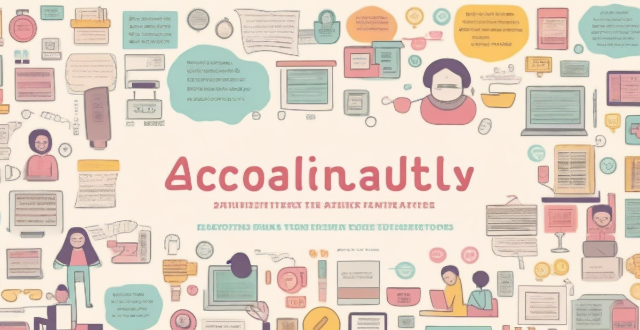The article discusses the accountability of social media platforms for privacy rights breaches and outlines legal frameworks, challenges, and best practices to ensure user data protection.

Can Social Media Platforms be Held Accountable for Breaches of Privacy Rights?
Social media platforms have become integral parts of our daily lives, connecting people from all over the world and providing a space for information sharing, communication, and entertainment. However, with these benefits come significant concerns about privacy rights and the potential for breaches by these platforms. The question arises: can social media platforms be held accountable for breaches of privacy rights?
Understanding Privacy Rights in the Digital Age
Privacy rights refer to an individual's right to control how their personal information is collected, used, and shared. In the context of social media, this includes data such as name, address, email, phone numbers, browsing history, location data, and more.
##### Legal Frameworks
- Data Protection Laws: Many countries have enacted data protection laws that regulate how personal information is handled. For example, the European Union's General Data Protection Regulation (GDPR) imposes strict rules on companies handling EU citizens' data.
- Consumer Protection Laws: These laws protect users from unfair and deceptive practices, which can include misuse of personal data.
- Privacy Policies: Social media platforms often have privacy policies that outline how they collect, use, and share user data. Violations of these policies can lead to legal consequences.
##### Accountability Mechanisms
- Regulatory Oversight: Government agencies oversee compliance with privacy regulations and can impose fines or other penalties for violations.
- Class Action Lawsuits: Groups of affected users can file lawsuits against social media platforms for privacy breaches.
- Public Backlash: Negative publicity from privacy breaches can lead to a loss of trust and users, affecting the platform's bottom line.
Challenges in Holding Social Media Accountable
While there are mechanisms in place to hold social media platforms accountable, several challenges exist:
- Global Nature of the Internet: Different countries have different laws regarding privacy, making it difficult to enforce consistent standards across borders.
- Complex Legal Issues: Determining liability in cases of privacy breaches can involve complex legal issues, such as whether the platform was the "data controller" or "data processor."
- Resource Disparities: Social media companies often have more resources to fight legal battles than individual users or even small groups of users.
Best Practices for Social Media Platforms
To minimize privacy breaches and promote accountability, social media platforms should adopt the following best practices:
- Transparent Privacy Policies: Clearly communicate how user data is collected, used, and shared.
- Robust Security Measures: Implement strong security measures to protect user data from unauthorized access.
- User Control: Offer users granular control over their data, including what information is shared and with whom.
- Regular Audits and Compliance Checks: Conduct regular audits to ensure compliance with privacy regulations and industry standards.
Conclusion
Social media platforms can and should be held accountable for breaches of privacy rights. While challenges exist in enforcing accountability, a combination of legal frameworks, regulatory oversight, and public pressure can drive social media companies to prioritize user privacy. By adopting best practices, these platforms can build trust with their users and maintain their reputation in the digital landscape.